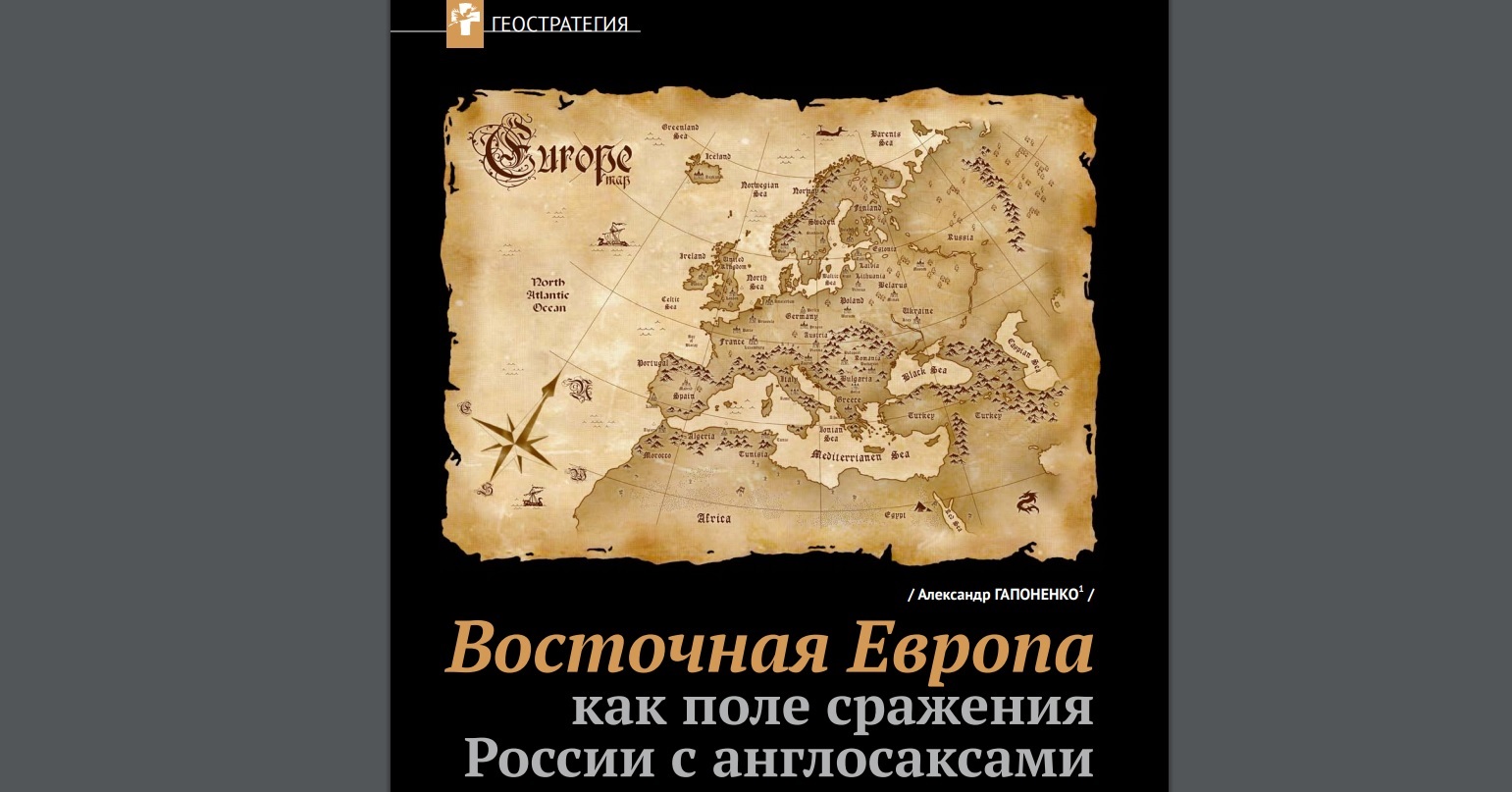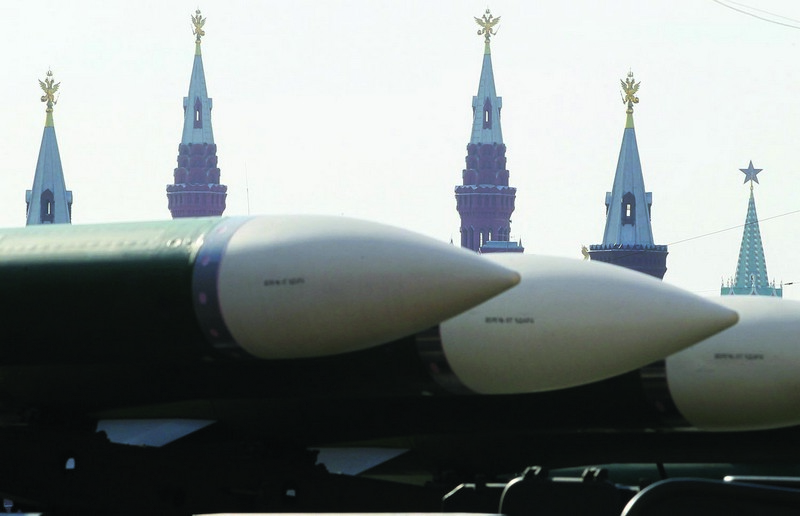During Mikhail Gorbachev’s first visit to Washington, Georgy Arbatov, the Soviet Union’s leading Americanist who was accompanying him, said that the Soviet leader was going to do something far more terrible to the United States than any of his predecessors: Namely, Gorbachev was going to take away Washington’s preferred enemy.
Although it is unlikely that Arbatov knew then just how far Gorbachev was prepared to go, even contributing to the demise of the USSR, his insight was fundamental. Without an enemy, Arbatov suggested, the US would be unable to navigate in a brave new world and would be forced either to find new enemies or to build up Moscow so that it could resume that role.
Now, thirty years later, Lilia Shevtsova, a Brookings Institution Russian expert based in Moscow, makes a similar argument but this time about Russia’s needs.
“Imagine,” she says, that the US suddenly disappeared?” What would Putin do, given that he believes the world rests on “hostility and cooperation with America.”
However loath the Kremlin is to admit it, she continues, “America has become our systemic ‘binding,’” given the exhaustion of any other “unifying ideas.” No other country can play the role of a foreign “threat” sufficient to justify the Kremlin’s position and mobilize the Russian people behind it. It would be an insult to Russia to put any other country in that role.
Moreover, Shevtsova says, “America is a splendid enemy.” Under Barack Obama, for example, Washington “did everything possible not to make Putin angry” despite his behavior. But there is another reason Moscow looks to the US: Americans played a key role in building up the Soviet economy and military-industrial complex.”
“Without the assistance of America,” she argues, “the Soviet Union hardly would have been transformed into a global power.” And she cites the evidence of US assistance that government and non-government provided in Anthony Sutton’s 1973 volume, National Suicide (New Rochelle, 1973).
As Shevtsova notes, Stalin recognized this, telling the US ambassador that “two-thirds of all major industrial enterprises in the USSR were built with the help of the US or with American technical support.” All major US companies worked in the USSR, and “the Americans sold [it] licenses for the latest technology,” arms in the first instance but other things as well.
There were two reasons for this, Sutton argued in his book. On the one hand, “Americans believed that through trade and cooperation they would tame the rising giant.” But on the other, many in the US believed in the Soviet project of “building communism” and promoted the idea that the US should be involved in this.
But Shevtsova suggests that “the most striking story was the participation of America in saving Soviet Russia from famine in 1921-1923,” assistance organized and led by future US president Herbert Hoover that Vladimir Lenin first opposed but then accepted and led to the saving of some ten million lives.
Thus, she continues, “America demonstrated not only capitalist pragmatism but generosity and compassion.”
During World War II, “America again came to the aid of the USSR,” and between 1941 and 1945, Washington extended military and humanitarian assistance that was worth in today’s prices, 146 billion US dollars. And that was only the government: ordinary Americans created a special committee to assist “Russia at war” and sent millions more.
When the USSR collapsed, the US again provided assistance. “Between 1992 and 2007, the total amount of assistance to the Russian Federation from the US government amounted to 16 billion US dollars,” Shevtsova says. And the structure of that assistance showed that “America was trying to support stability in Russia and to help resolve the problems of security.” Russia, like the Soviet Union before it, responded by pointing to the US as its number one enemy and threat.
“And today, “Russia needs American technology and investment, and today it needs America as the basis of its great power status.” That has some implications many in Moscow (and in Washington) prefer not to think about.
“The key to the survival of Russian autocracy is in the pockets of Americans. The anti-Americanism of the Russian elite and its obsession with America are only a confirmation of what it knows about this,” the Brookings analyst says.
“It remains only to pose the question: does America know that it is our systemic ‘binding’? Or does it pretend not to know? Or does it know and not understand what to do with this role?” And that leads to a final question: What if the US does know and acts on it? How will Russia’s “statist regime on steroids” survive at a time of need?
Related:
- ‘Fearing another 1991, Kremlin is making that outcome more likely,’ Shevtsova says
- Putin’s Russia pursuing ‘survival by paradox,’ Shevtsova says
- Putin’s new political technologies keep his antiquated system in place, Shevtsova says
- Trump-Putin bromance is far from over, despite Russia’s anti-American rhetoric
- American CITIZENS should care about Russia’s invasion of Ukraine
- US sanctions on Russia effective, don’t hurt American economy, report finds
- ‘Enemy of the people’ is a Russian — not an American — term
- Kremlin more interested in what Trump will do to America than what he’ll do for Russia, Pavlova says
- Anti-Americanism is ‘cult of Putin’s Russia’ with all the consequences thereof, Pastukhov says






